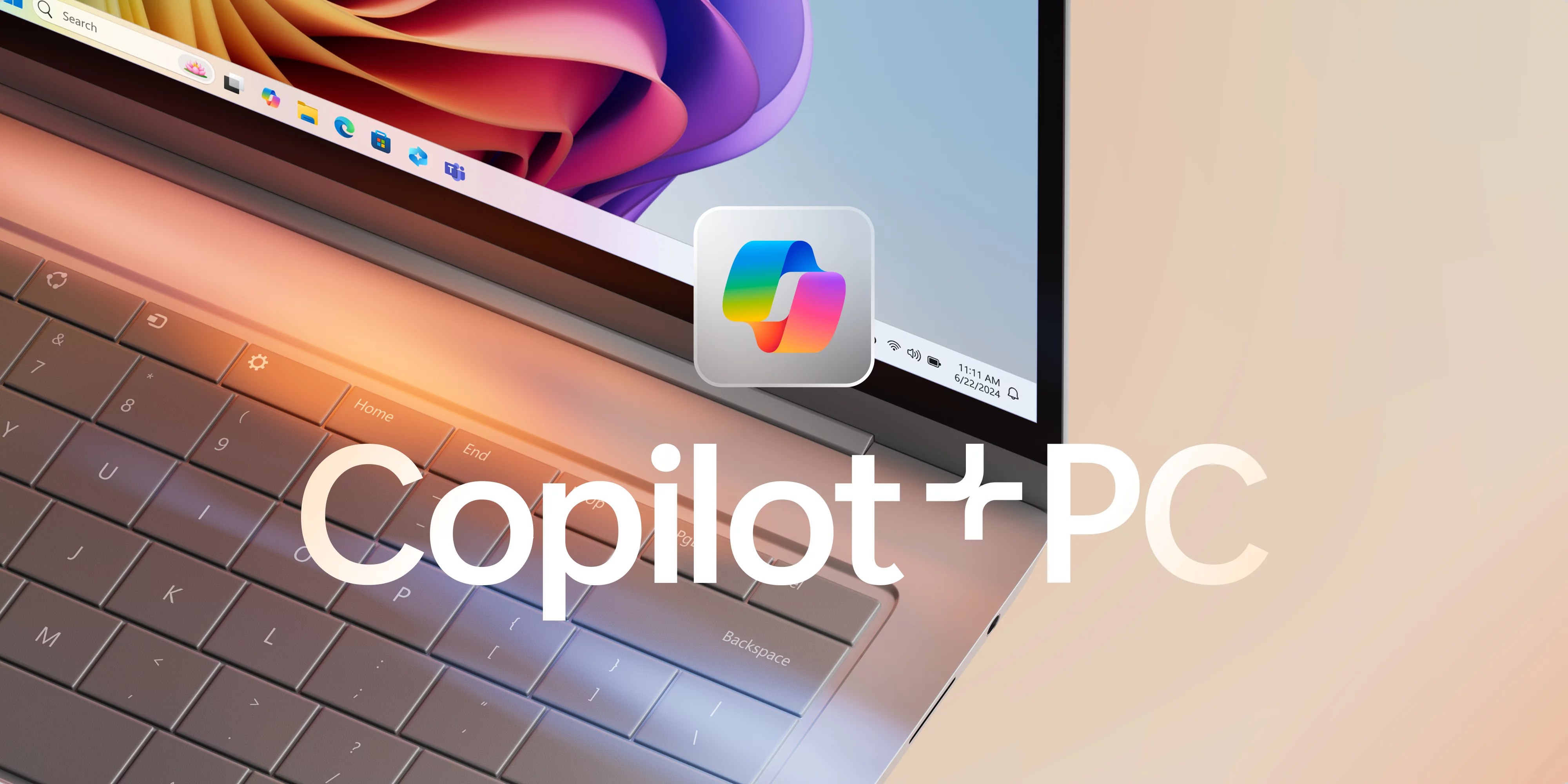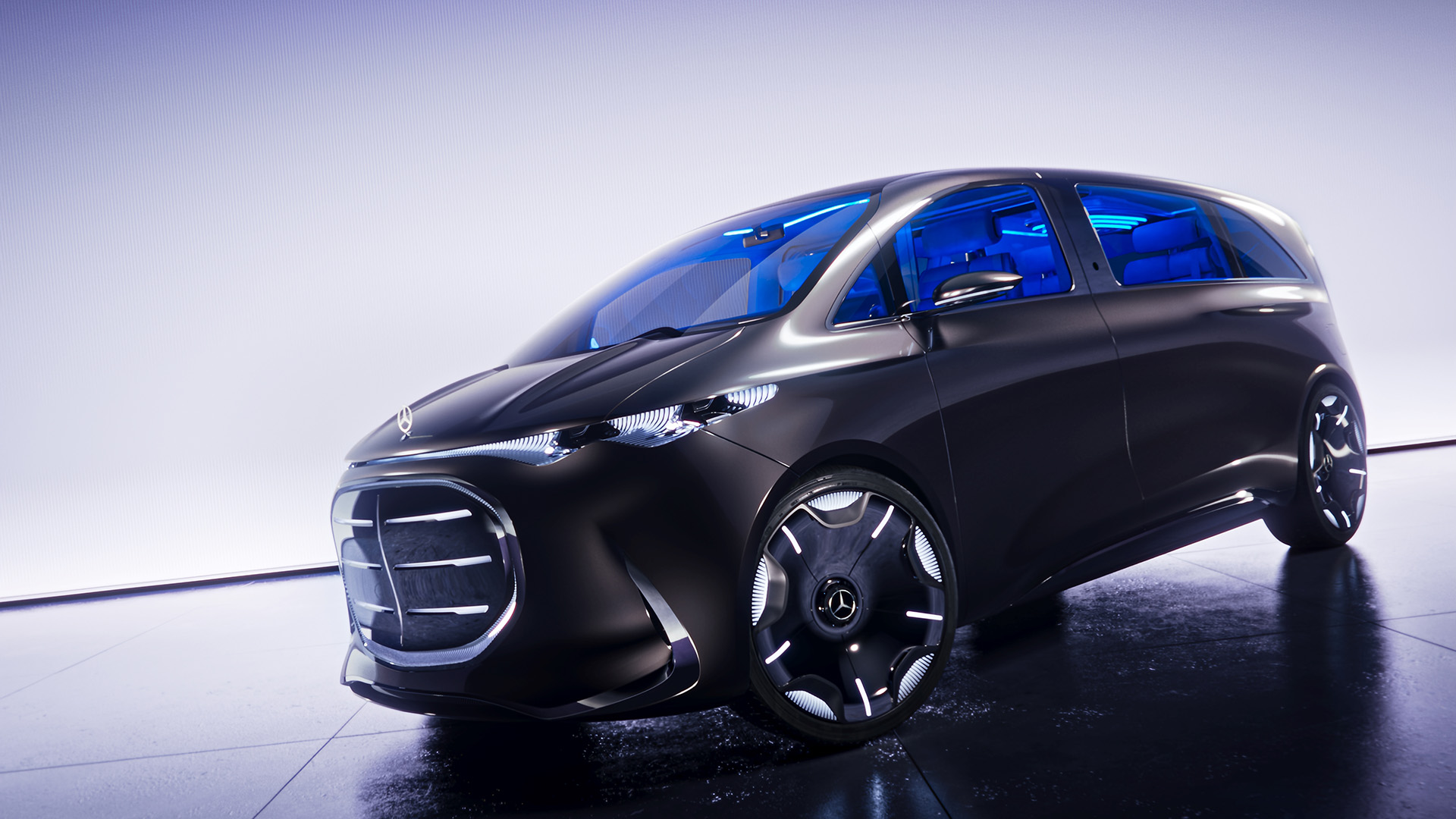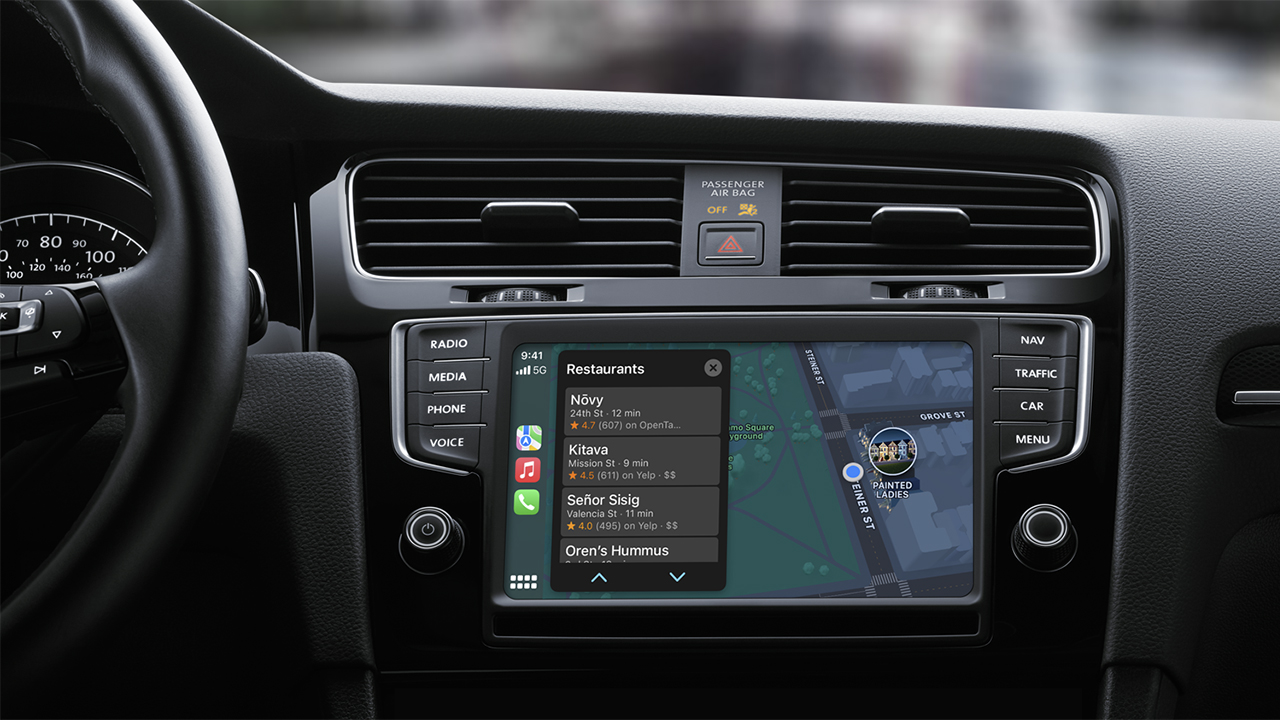

Every now and then, a revolutionary new product comes out and you know it’s just right. You instinctively realise that it’s stolen a march on the competition, that it’s going to give you years of delight, and you have no qualms about investing in it.
I had that feeling with Apple’s first-generation iPad Pro and its Apple Pencil. I used mine for what seemed like all the time for years. In the camera world, I had had the same instant attraction to Canon’s EOS 5D Mark 2 and its revolutionary HD video capabilities, or Sony’s A7 with its grasp of the mirrorless format. I’m not getting the same feelings about AI PCs. Buy one and I think you might regret it.
For starters, exactly what constitutes an AI PC seems in doubt. The principle is reasonably straightforward. The best laptop or desktop AI machine should not only have a CPU and a GPU but also an NPU, or Neural Processing Unit, a type of processor formulated especially to perform the parallel computing demands associated with AI.
But if you’d bought a new AI PC early this year it’s arguably already obsolete. Intel’s Meteor Lake ‘Core Ultra’, with its NPU, appeared in what were often referred to as ‘AI laptops’ from the likes of Acer and Lenovo. Yet in May, Microsoft pronounced them ‘too slow’ for the AI features incorporated in its new Copilot+ standard. This demands an on-board NPU that’s capable of 40 TOPS or Trillions of Operations per Second. Intel’s NPU could manage only 10 TOPS.

Copilot+ PCs, led by those with Qualcomm ARM chips, are starting to appear on the market but will even this new standard be good enough? Frankly it’s hard to tell because so far there’s very little software written to exploit these NPUs. Microsoft makes great play of its Recall feature which records absolutely everything you do on your PC and retains it for three months so you can search through your trail. But many think it’s a security nightmare, and most customers will probably instantly switch it off, so it’s not looking like a must-have AI feature.
My own PCs – both laptop and desktop – are getting on a bit and, in an ideal world, I’d like ‘future proof’ replacements that are AI capable. But ‘future-proofing’ is perilous. You buy something that should be fi t for the future but the future doesn’t turn out quite as expected. I generally prefer to buy on the basis of what things can do now rather than what they might be able to do in the future.
When the GeForce RTX 20-series graphics cards appeared in 2018, for example, they offered the prospect of real-time ray tracing in games. But Windows couldn’t take advantage of it and the games didn’t exist yet. The savvier buyer waited for the games to be written, and the next generation, cheaper, RTX 30-series cards which ran them better.
Sign up to the T3 newsletter for smarter living straight to your inbox
Get all the latest news, reviews, deals and buying guides on gorgeous tech, home and active products from the T3 experts
With AI PCs I don’t think it pays to be an early adopter. I would wait to see if promising AI software arrives and then buy the PC best at handling it. You might find you need an even higher spec NPU and that they’re out at a lower price.
Personally I’m going to squeeze a bit more life out of my existing computers. A more capable and better value AI PC, running intriguing applications, could be just round the corner and I’m happy to wait until it materialises.
Jon is the main gadget reviewer and presenter for The Gadget Show on Channel Five. He was previously the Producer and Executive Producer of BBC's Top Gear between 1987 and 1999 and had a corner named after him on the Top Gear test track. He launched Fifth Gear for Channel Five and produced the show until 2004. When not presenting Jon enjoys writing. In 2019 Atlantic Books published his first book, Autopia: The Future of Cars, and he contributes regularly to Amateur Photographer magazine.
-
 The new Mercedes Vision V concept might be the coolest van I’ve ever seen
The new Mercedes Vision V concept might be the coolest van I’ve ever seenThe interior of this Mercedes van looks more luxurious than a private jet
By Alistair Charlton
-
 One of Apple CarPlay's new Tesla-like features will soon be removed again
One of Apple CarPlay's new Tesla-like features will soon be removed againJust when you thought you could watch Netflix through CarPlay
By Rik Henderson
-
 So where’s the promised 5G revolution?
So where’s the promised 5G revolution?Jon Bentley is disappointed that 5G hasn’t transformed the way we live – but he hasn’t given up hope just yet
By Jon Bentley
-
 I’ve glimpsed the future and it might just work
I’ve glimpsed the future and it might just workAfter pondering what the next big thing in tech could be, Jon Bentley had a conversation that gave him a bright idea
By Jon Bentley
-
 That’s the way the internet cookies will crumble
That’s the way the internet cookies will crumbleGiven third-party cookies are facing the crunch, Jon Bentley offers a taste of what online brands are cooking up instead
By Jon Bentley
-
 What can I do to secure my pocket info?
What can I do to secure my pocket info?Are we carrying too much of our financial lives around with us? If so, asks Jon Bentley, what can we do to make ourselves less vulnerable?
By Jon Bentley
-
 No more broadband haggles please
No more broadband haggles pleaseJon Bentley is increasingly frustrated at having to beg internet providers not to keep upping his bills
By Jon Bentley